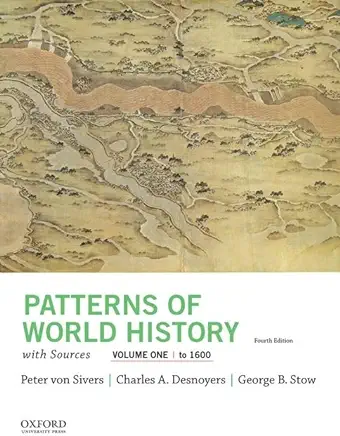
Domagalski, John J.
product information
description
ory of Navy radioman George Tweed, who was trapped on Japanese-occupied Guam during World War II, and the American liberation of the island. The opening days of World War II in the Pacific found the island of Guam in the Mariana Islands to be an isolated American possession that was nearly surrounded by Japanese territory. The island came under immediate attack with the start of hostilities. The small garrison of marines, navy personnel, and Guamanians surrendered to Japanese invaders after offering only token resistance. However, not all of the American servicemen capitulated. Navy radioman George Ray Tweed was one of six sailors who disappeared into the thick interior jungle. The Japanese occupiers quickly solidified control over the island and began a ruthless search for the missing sailors. Five of the Americans were eventually found and mercilessly killed. The sole survivor, Tweed spent the next thirty-one months on the run--sometimes literally running for his life--staying just one step ahead of his hunters. He continually eluded his pursuers through the use of his survival skills, some good luck, and the generous help of Guamanian civilians, often at great risk to their own safety. During the two and a half years the sailor remained in hiding, American forces were fighting their way across the Pacific. The events reached a crescendo in the summer of 1944 with the arrival of the American fleet in Guam. A major naval battle, an amphibious invasion, the rescue of George Tweed, and a brutal fight to liberate Guam all combine to bring this epic story to a close.
member goods
No member items were found under this heading.
listens & views

20/20 RECORDS COMPILATION 1 / ...
by 20/20 RECORDS COMPILATION 1 / VARIOUS
COMPACT DISCout of stock
$10.99
Return Policy
All sales are final
Shipping
No special shipping considerations available.
Shipping fees determined at checkout.






